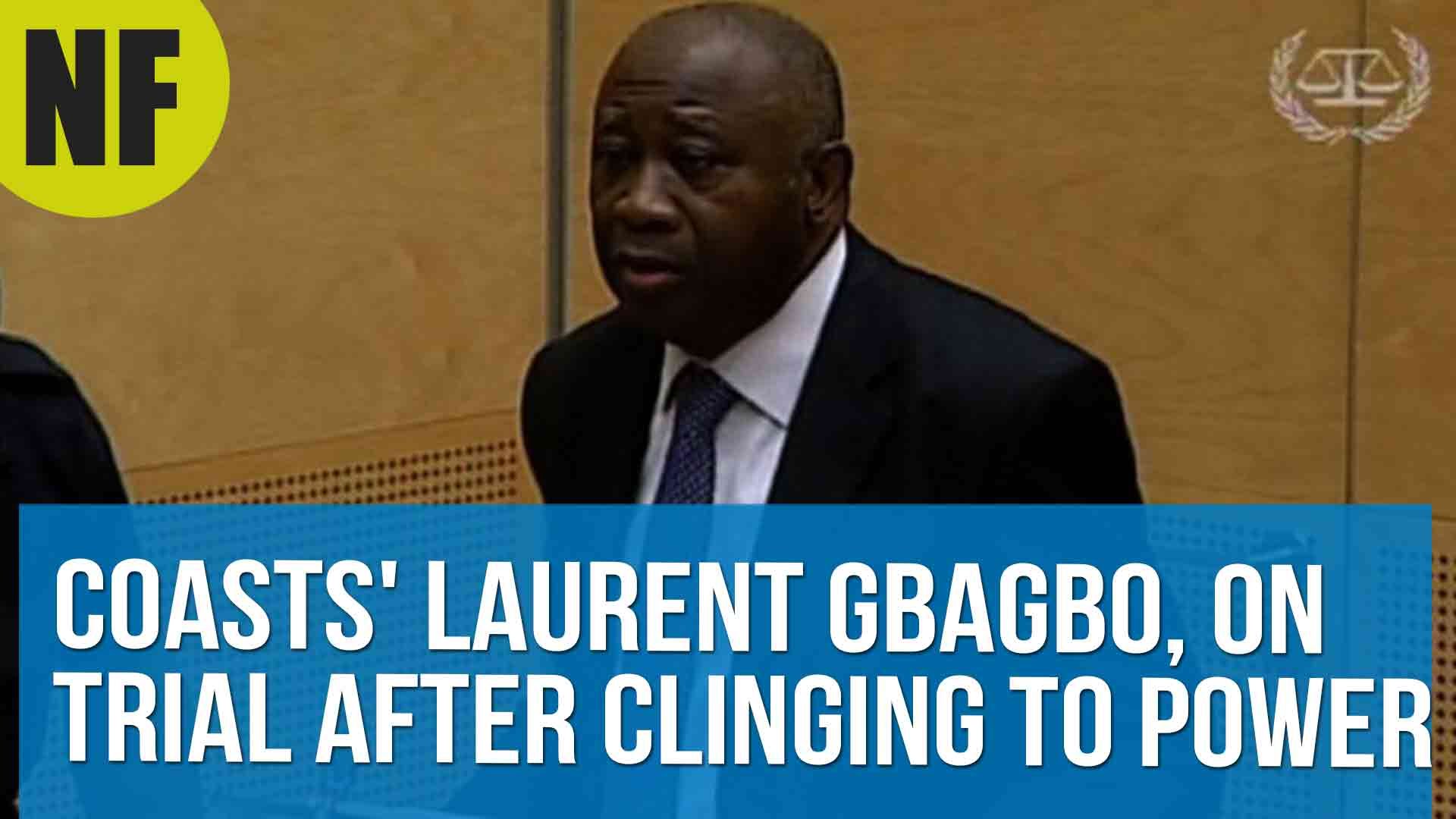Gambia Heading for a Repeat of Cote D’Ivoire?
The balance of forces in the crisis brewing in The Gambian appears to lead to a repeat of the same sort of scenario in Cote d’Ivoire in 2000 as well as in 2011. The similarities are striking, notwithstanding the minor differences in the details which is where the devil may be hiding. In both cases, it is the reluctance of an incumbent to let go. In 2000, it was General Robert Guei’s coup that reinforced the emergent identity politics in that country. Five or so African leaders, including Obasanjo and Thabo Mbeki, went to counsel him to leave. He even refused to see them. The fall out of the next election in October of that year got him out. He fled but only for him and members of his family to meet their death in 2002 as the crisis widened into a war.
In 2011, there was drama again in the country which was the capture of Laurent Gbagbo who was disinclined to bowing to the result of the election the previous year in which Alassane Quattara defeated him. Both are different faces and outcomes of West African story of refusal to quit, although the background to that is more complicated in Cote d’ Ivoire than what is brewing in Gambia. There are no covert foreign influences in The Gambian cases as of French factor in the Cote d’ Ivoire at every stage of the drama. Contestations over economic policy direction placed the French squarely against Gbagbo from day one. His own foolishness complicated the issue after the 2010 election. Today, he is one of the African leaders who are symbolic or actual guests of The Hague. Could that be where President Yahya Jammeh might be heading?
The answer is most likely to be yes as he is insisting on resisting the outcome of the recent election in that country. In his own case, the deficits are too many. An election that is considered free and fair has been held. He himself had accepted defeat and congratulated the winner before making an about – turn. He has no record of performance to recommend his continuity in power. The moral authority to continue in power for whatever reasons is not there because, apart from his human rights record, 22 years is long enough to show the genius he pretends to be in these matters. The fellow African leaders who could have been the devil’s advocates for him for whatever reasons have told him to respect the outcome of the election. The enemies he has accumulated in the Western world must, in spite of their own internal turbulence, be too willing to provide the intelligence, technology and troops to capture and escort him to The Hague as soon as they are satisfied that he is a truly naked emperor. Above all, no West African leader would be willing to allow him acquire momentum to launch a guerrilla movement which he is feared to be capable of, given the incoherence and tension across the region now and which war anywhere within could aggravate. It could be inferred that his mind is working on many options, some of which could be dangerous given his ‘Jammeh will not step down’ rhetoric on the ground that ECOWAS leaders went to see him as a formality.
It has been observed that Jammeh’s new stand shatters what some observers note as an electoral wind of change whereby incumbents in West Africa are not only defeated, they readily accept defeat and congratulate the winner. It is seen to have begun in Nigeria in April 2015 then The Gambia and Ghana in the last few weeks. The first was Yahya Jammeh of Gambia who swept himself into power via a military coup in 1994. Next to him is President John Mahama of Ghana whose electoral ouster became a certainty when the Electoral Commission of Ghana announced his defeat by the country’s former Minister of Foreign Affairs, Mister Nana Akufo-Addo, the presidential candidate of the New Patriotic Party (NPP) who is now Ghana’s president-elect. Will Jammeh successfully abort this trend?




























